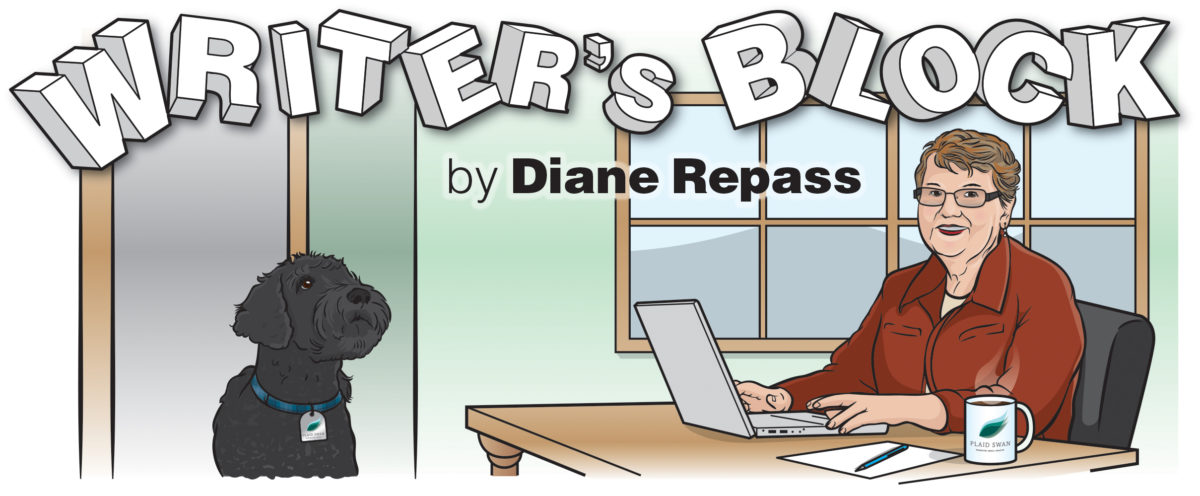Modernize your Business English
In the past year, I wrote about phrases that no longer have modern day meanings because the referents are outdated such as in, “You sound like a broken record.” Even though LPs, vinyl, or records are making a comeback, there are many younger people for whom this has no meaning. It may be time to freshen up your language in the business setting, too. Two areas where the business writer might take a second look at the words and phrases being used are for the business letter (outdated, verbose phrases) and for business conversations (overworked clichés).
Written communication
When writing a business letter, look at the traditionally used phrases to see if there are fresher or simpler words. Business letters often take a very formal, almost legalese, approach. It’s time to use more common language and avoid being wordy. Ask yourself if you would say the same words that you type. Joan Lloyd & Associates suggests that your letter should sound like a telephone conversation. Here are some examples to get you started:
As per your request – simply say “as you requested.”
Attached herewith or Enclosed please find – this sounds too much like lawyer-talk. Try simplifying by using only “attached” or “enclosed.”
Call me – because much communication now is electronic, it would be better to say “contact me,” leaving the choice of communication up to the receiver. For many younger people, text messages are the more preferred mode.
Sincerely yours, Yours truly, Yours very truly, or Respectfully – simplification would suggest that using “Sincerely” should be enough for the complimentary closing. “Respectfully” is often attached to distressing news; just avoid it.
I am forwarding – use “send.”
Kindly – use “please” instead.
Verbal communication
In other business communication, written or oral, clichés occasionally say it best, but for the most part, the very definition of clichés says that they are overworked and overused. Again, say it simply or find a new fresh phrase to use. Here are a few that have really outlived their usefulness:
Bite the bullet – the first recorded use of this was in 1891 by Rudyard Kipling. It’s time for something new.
Game changer – this reminds me of an advertisement for Wayfair, a home goods store where the customer says, “Game changer” when he realizes shipping is free. It may work for advertising, but in other communication, it is overused.
Hit the ground running – when I parasailed off a beach in Acapulco, I definitely was running when I landed. Parachutists hit the ground running, but in other applications, it’s time for a new phrase.
It is what it is – “it ain’t gonna change, so deal with it or don’t” (Urban Dictionary). This phrase is not as old as some of the others. The oldest reference I could find for it was in a 1973 James Brown album Payback, but it is so overused that it may be an irritant now.
Low-hanging fruit – this has some sexual overtones that make it a good phrase to avoid.
Par for the course – this is a golf term meaning the score that is expected of professional golfers; as an idiom or cliché it means “typical” or “usual.”
Think outside the box – most likely this phrase came from the 1970s and means that one should think original thoughts or think creatively. Isn’t it easier just to say “think creatively?”
Of course, this list is just “the tip of the iceberg (cliché intended),” but either try to simplify and be more direct or come up with new metaphors and phrases that convey your ideas in a fresh way. Whether it is written communication in the form of a letter or oral communication, it’s time to adopt a new approach.
Plaid Swan is a women-owned marketing communications firm operating out of Cedar Rapids, Iowa. The firm represents clients across the United States in public relations, media planning, social and digital media, graphic design and strategic planning. Visit us online at PlaidSwan.com or on our social media channels as @PlaidSwan. Lines are meant to be crossed.

